Social media can make it seem like everyone else had either a picture-perfect childhood or a dramatically traumatic one.
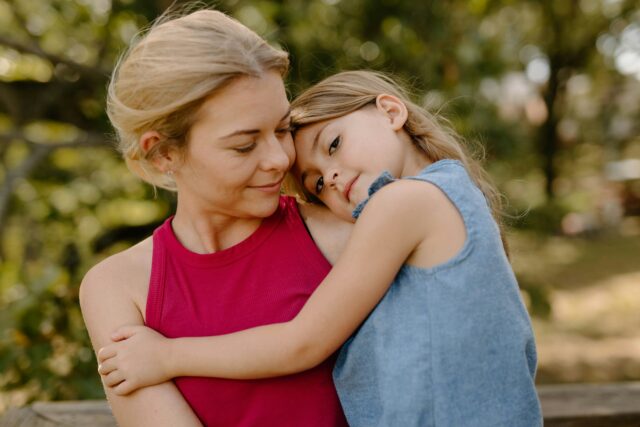
That’s certainly the case for some people, of course, but most of us lived somewhere in that messy, normal middle ground. If you’ve convinced yourself that your experiences growing up were somehow abnormal or not that great, here are some signs that prove the opposite is true. Turns out, you had it pretty good.
1. Your parents made mistakes, but weren’t villains.
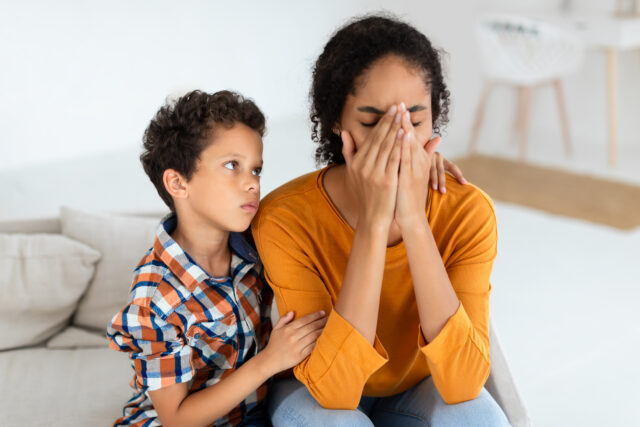
They lost their temper sometimes, said things they regretted, and didn’t always handle situations perfectly. There were times they clearly didn’t know what they were doing. But they also had moments of real connection, tried to make things right, and did their best with what they knew. Most parents exist in this complicated space between perfect and terrible.
2. Family dinners weren’t Instagram-worthy events.

Sometimes you ate in front of the TV. Sometimes dinner was whatever could be thrown together quickly. Your mum wasn’t making elaborate meals every night, and sometimes your dad burned the toast. Regular families don’t have picture-perfect meals every night — they have regular, imperfect ones.
3. You had times when money was tight.

Maybe you couldn’t always get the newest toys or trendiest clothes. Sometimes you hear your parents talking about bills or saying “not right now” at the store. Most families go through financial ups and downs — it’s not trauma, it’s just life happening in real time.
4. Your siblings fought with you constantly.

You argued over the remote, blamed each other for broken things, and sometimes really couldn’t stand each other. There were moments of genuine meanness mixed with periods of being best friends. Sibling relationships are naturally volatile — that’s just part of growing up together.
5. Your house was lived-in messy.
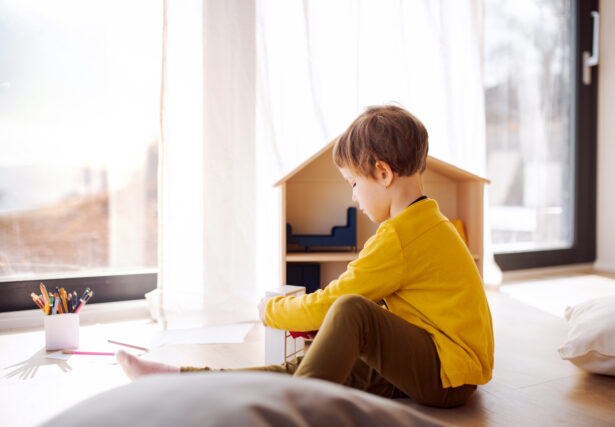
There were dishes in the sink sometimes, laundry that needed folding, and toys scattered around. Your home wasn’t a disaster, but it wasn’t a showroom either. Real families leave evidence of actually living in their spaces.
6. Your parents didn’t always agree.

They had arguments, disagreements about money, and times when they were clearly frustrated with each other. But they also had moments of affection and working things out. Most marriages have both conflict and resolution — that’s how relationships actually work.
7. You weren’t always the centre of attention.
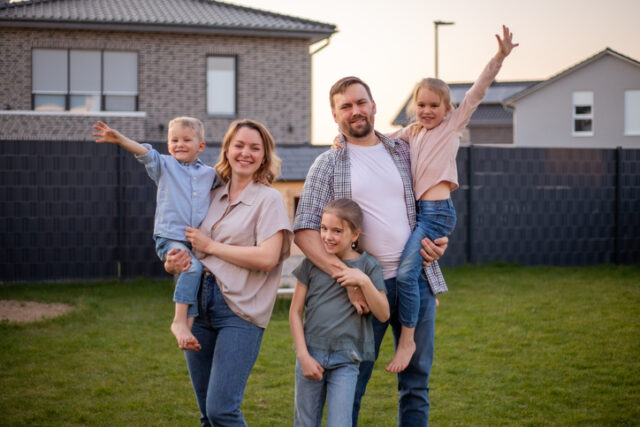
Your parents sometimes needed space, had adult conversations that didn’t include you, or were too tired to play. They had their own lives, jobs, and concerns that didn’t revolve around you. Children don’t need constant attention to be loved.
8. School was just okay most days.

You weren’t the star student or the troubled kid — you were somewhere in between. Some subjects were harder than others, some teachers liked you more than others. Most kids have a thoroughly average school experience.
9. Your extended family had their quirks.
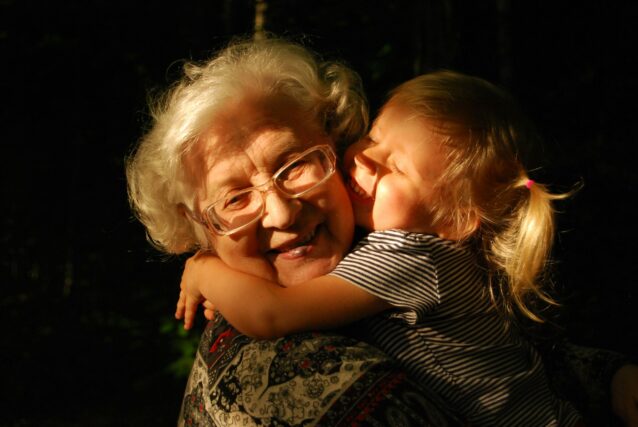 Source: Unsplash
Source: Unsplash That weird uncle, the aunt who asked awkward questions, the cousins who were kind of annoying. Every family has its cast of characters that you just learned to deal with. Family dynamics are naturally complex.
10. You didn’t get everything you wanted.

Sometimes the answer was no, sometimes you had to wait, sometimes you just couldn’t afford it. You learned about disappointment in small, manageable doses. Not getting everything isn’t deprivation — it’s normal parenting.
11. Your friendships shifted and changed.

Best friends didn’t always stay best friends. Some kids moved away, some you grew apart from, some friendships ended over silly things. Changing social circles is a normal part of growing up.
12. Your parents had rules that seemed unfair.
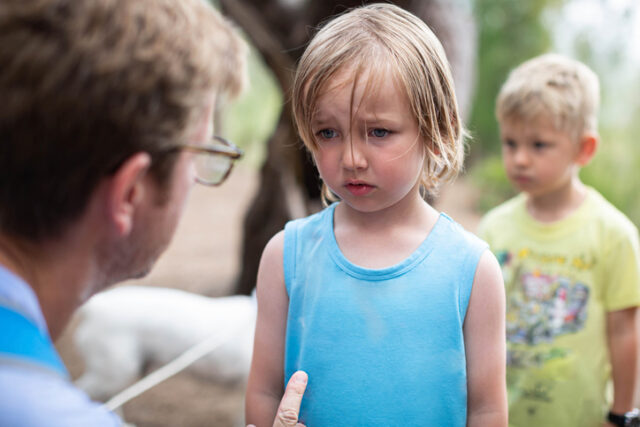
Bedtimes, screen limits, homework before play — rules that felt strict but weren’t actually unusual. Most parents set boundaries, even if they weren’t perfectly consistent about enforcing them. Structure isn’t the same as control.
13. You were sometimes bored.

Not every moment was scheduled or entertaining. You had to figure out how to occupy yourself sometimes. Regular childhoods have plenty of empty spaces in them — that’s where creativity often develops.
14. Your achievements were celebrated normally.
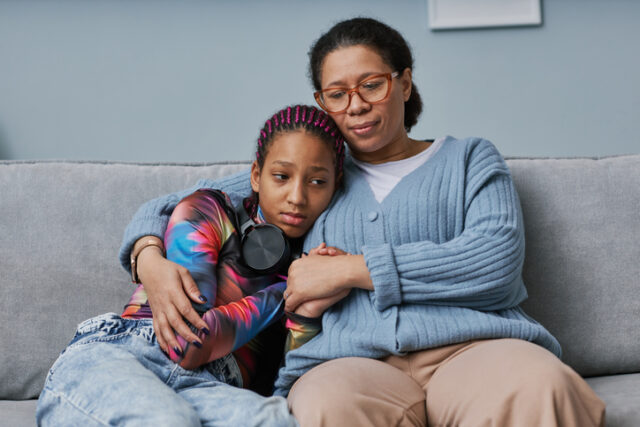
Your parents were proud of you but didn’t treat every accomplishment like a world-changing event. They praised effort while keeping things in perspective. Reasonable pride isn’t the same as neglect.
15. You had chores and responsibilities.
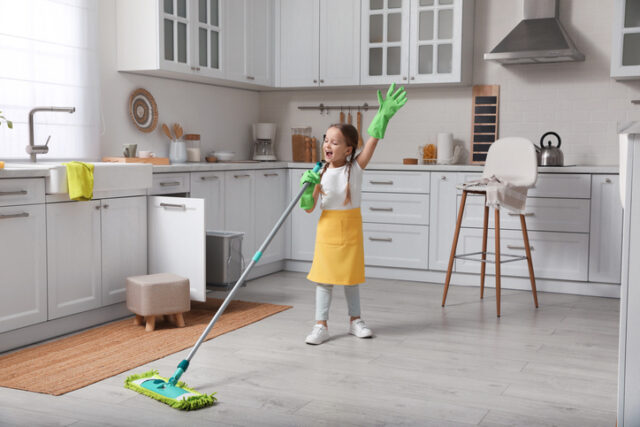
You had to help around the house, clean your room, and pitch in with family tasks. Having age-appropriate responsibilities isn’t exploitation — it’s preparation for life.
16. Your family had inside jokes and weird traditions.

Little rituals that might seem strange to outsiders but made perfect sense to you. Every family develops their own unique culture over time. That’s not dysfunction — it’s just family life.
17. You remember both good and bad times.

Happy memories exist alongside difficult ones. You can recall both laughter and tears, successes and failures. A normal childhood isn’t all good or all bad — it’s a mix of everything that makes us human.




